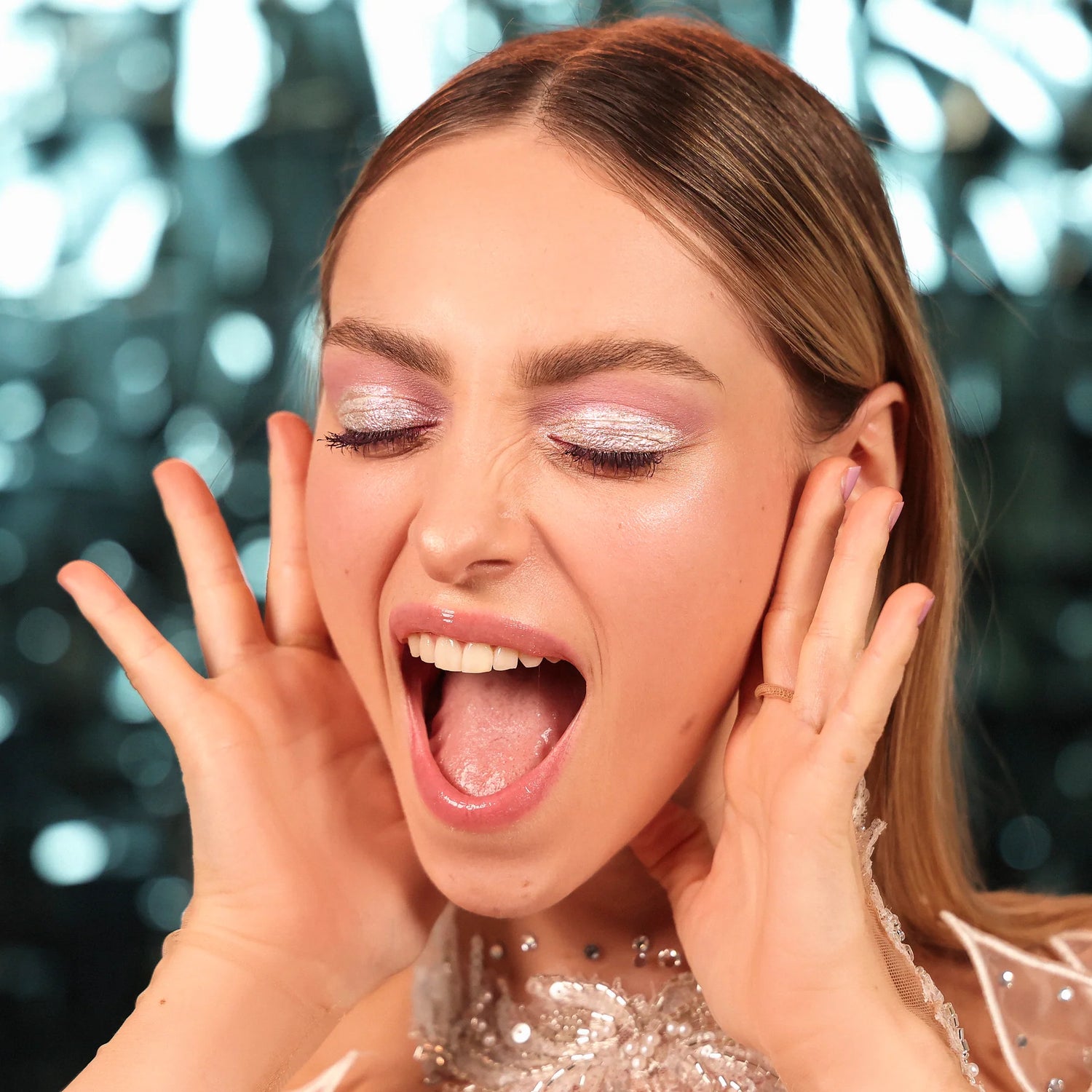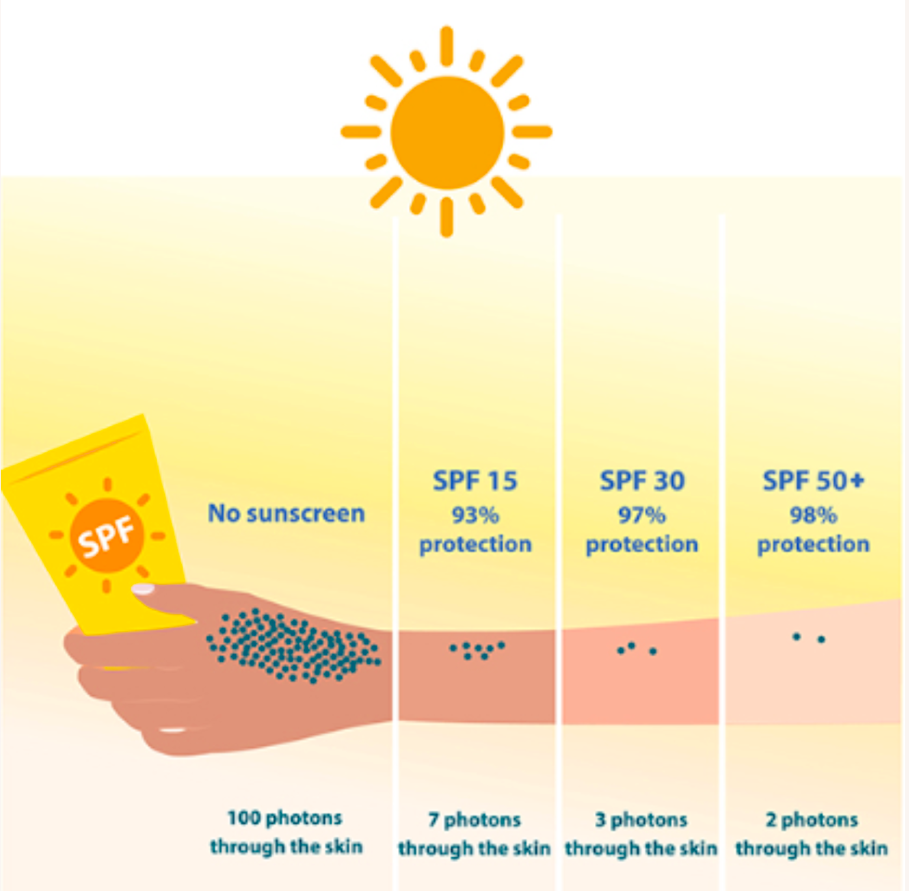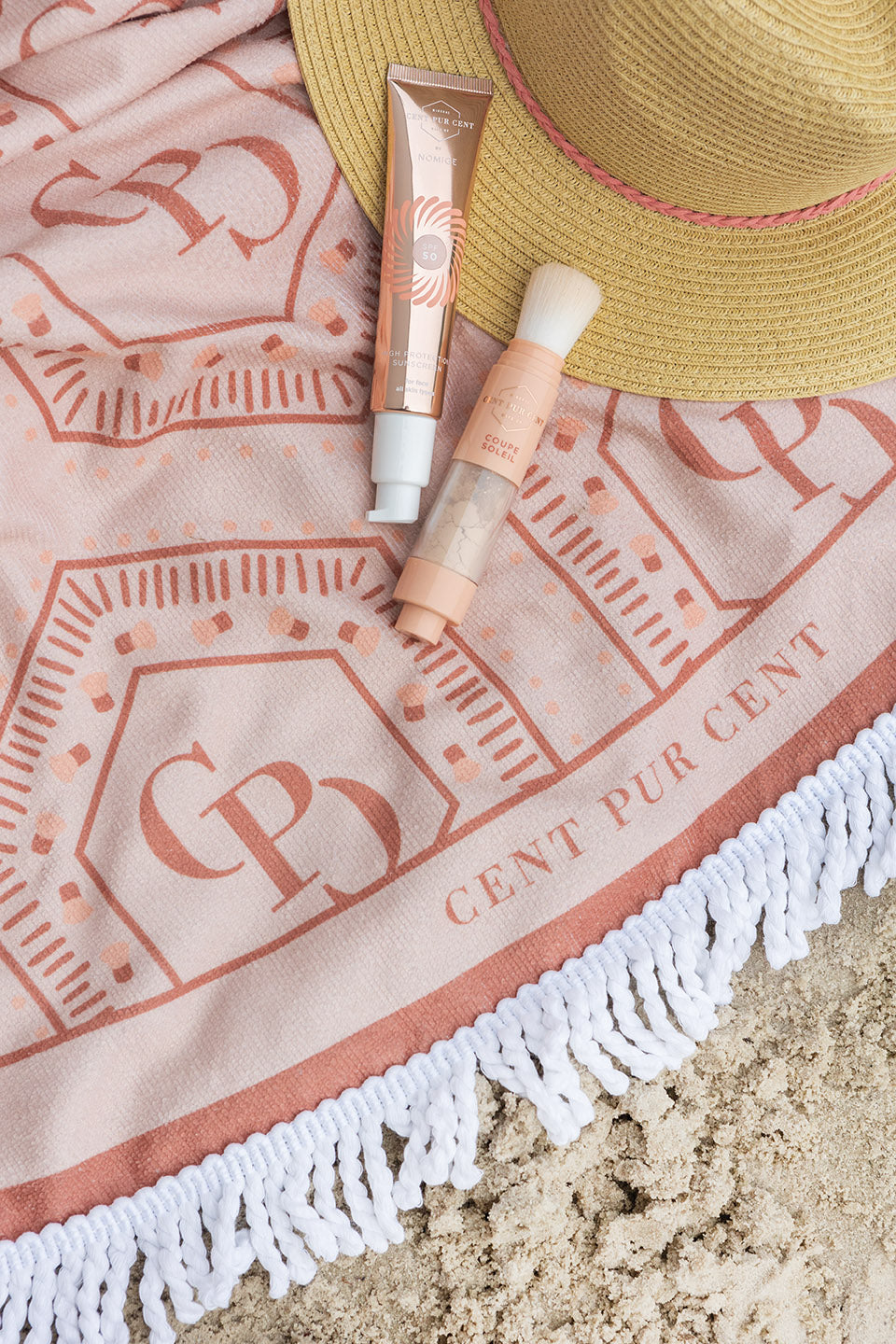
Why is SPF so important and why should we include it daily in our beauty routine? We checked with Dr. Geusens.
Sun protection is essential for healthy, radiant skin! That's why we're excited to introduce the new version of our Face Sunscreen SPF 50 by Nomige within the Rout(in)e du Soleil collection. This lightweight cream, formulated in collaboration with renowned dermatologist Dr. Barbara Geusens' Nomige skincare line, offers broad-spectrum protection with SPF 50. Shield your skin from the sun's harmful rays and enjoy a summer glow with confidence!

Can you explain exactly what SPF means and why it is so important for protecting our skin, especially in the summer?
Sun's out, protection's on! We all know sun protection is key, and that's why we're thrilled to introduce the new version of our Face Sunscreen SPF 50 by Nomige within the Rout(in)e du Soleil collection. SPF stands for Sun Protection Factor and is a measure of how well a sunscreen protects against the harmful effects of ultraviolet (UV) radiation from the sun, especially against burning from UVB rays.
In theory, that means that if without sunscreen you would burn after 10 minutes, with an SPF30 you can spend up to 30 times longer in the sun before you burn. So 30 x 10 = 300 min. So you notice that for someone with pale skin, an SPF30 will not provide protection for as long as someone with darker skin. That's the theory because in practice I always recommend reapplying every 2 to 3 hours because you never apply enough and sunscreen also disappears due to friction or sweat. The SPF, on the other hand, is also the degree to which UVB rays are blocked:
- SPF15 blocks 93% of UVB rays
- SPF30 blocks 97% of UVB rays
- SPF50 blocks 98% of UVB rays
So you can see that an SPF30 is not that much different from an SPF50.

Kan je uitleggen wat SPF precies betekent en waarom het zo belangrijk is voor de bescherming van onze huid, vooral in de zomer?
So you can see that an SPF30 is not that much different from an SPF50.
With so many SPF products on the market, what should we look for when choosing the right sunscreen for our skin type?
Because the SPF only says something about how much UVB rays are blocked, it is also important to have UVA filters in your sunscreen. The UVA symbol with a circle around is what to look for then, in addition to the fact that it says SPF. “With sun filters” is a misleading claim and says nothing about the degree of protection. Iron oxides help against blue light (HEVL), which can potentially cause oxidative stress in the skin. And since we spend so much time on our screens, this is no luxury. How do you recognize iron oxides? By the fact that it has a tinted color. The most important thing is to choose a sunscreen that you like to apply, because you are going to apply it frequently.

What is the difference between a mineral and chemical filter?
The difference between a mineral (physical) and chemical (organic) sunscreens lies in the fact that the mineral ones not only absorb and scatter UV light, but also reflect it like a mirror while the chemical ones only absorb UV light and convert it into heat. Because of this, mineral sunscreens are generally better tolerated, by people with sensitive skin. They are also less likely to cause watery eyes.
Mineral filters can be recognized in the INCI list by the names zinc oxide or titanium dioxide.
ZnO also works antibacterial and for that reason is also suitable for acne-prone skin.
-
Skin preparation: How can we best prepare our skin for sun exposure? Are there specific nutrients or treatments you recommend?
Don't go under the tanning bed beforehand 😊 that's a myth.
Eating carrots does help. In fact, anything that contains beta-carotene. You can also find this powerful substance in other colorful fruits and vegetables such as, tomatoes, watermelon and peppers. Beta-carotene stimulates the production of melanin in your skin, resulting in a healthy, natural glow. The more vibrant the color of your food, the more antioxidants it contains. And those antioxidants help protect your skin from harmful UV rays. Bonus: cooking these foods helps your body absorb the beta-carotene better.
-
Application of SPF: How often should we apply sunscreen for optimal protection?
I recommend reapplying every 2-3 hours. The theory of an SPF50 says you will be protected longer, but I wouldn't take that risk because we never apply enough and friction with clothing or the towel, or a splash in the pool always loses product.
-
What about water-resistant formulas while swimming or exercising?
Those stay on a little better because they are formulated that way. But you also wipe off your sweaty face, and once you get out of the sea or pool, you also lie down on your towel or dry off. So then you also have to top up, regardless of whether your sunscreen is water-resistant or not.

It is insinuated online that sunscreen will give you cancer. That it is better not to apply than to apply. What is your position on this?
The purest nonsense! It can even make me very angry. You don't get cancer from sun creams, you do from lying unprotected in the sun. My book 'The Cosmetics Conspiracy' is also about this, about this scaremongering that makes no sense. The safety of cosmetic ingredients is very strictly monitored. If anything would be toxic, it is banned. So all legal cosmetics produced in Europe are safe. You can depend on that.
-
Protection while sunbathing: What are the best ways to protect our skin while sunbathing?
Do not lie in the flat sun, especially between 11am and 3pm. Preferably always under an umbrella or in the shade with a hat and glasses. And apply lots of sunscreen. Don't forget your ears and toes. As well as the backs of your hands, because if you wash them, it is gone.
-
Can we enjoy sunshine without harming our skin?
No, there is actually no such thing as safe tanning. People are not going to like reading this, I know :-/
The fact that we tan is a sign that we have sun damage. We used to think that we would then be better protected and that our skin naturally protects us from it. But now scientists have figured out that the “tanning process” is a reaction to the damage already suffered. In fact, it is already too late then. However, adding extra antioxidants to your sunscreen can help capture and neutralize the free radicals released during sun exposure so that damage is limited.
-
Do children need a different SPF formula than adults?
No in principle, no. Children don't mind seeing white, so a zinc oxide mineral filter is more often chosen for children, also because it is more often formulated in a water-resistant base.
An SPF30 or SPF50 doesn't make much difference, as long as you apply enough top up.
Rout(in)e Du soleil
-
Loose Mineral Foundation SPF20
 Loose Mineral Foundation SPF20
Loose Mineral Foundation SPF20- Regular price
-
€37,99 - Regular price
-
- Sale price
-
€37,99
Quick view
-
High Protection Sunscreen for Face by Nomige SPF 50
 High Protection Sunscreen for Face by Nomige SPF 50
High Protection Sunscreen for Face by Nomige SPF 50- Regular price
-
€49,99 - Regular price
-
- Sale price
-
€49,99
Quick view
-
Coupe Soleil - Sunbrush SPF50
 Coupe Soleil - Sunbrush SPF50
Coupe Soleil - Sunbrush SPF50- Regular price
-
€47,99 - Regular price
-
- Sale price
-
€47,99
Quick view








